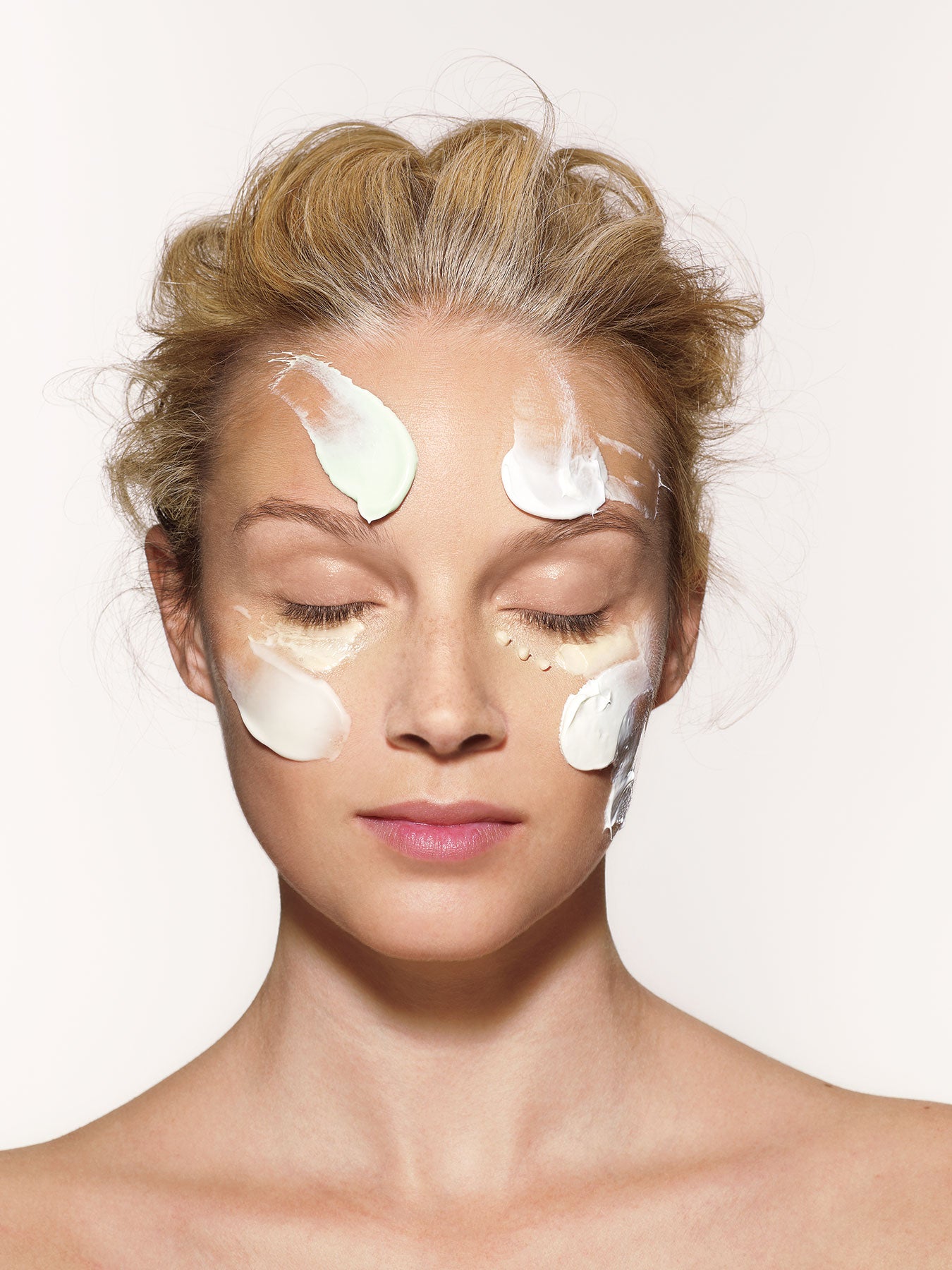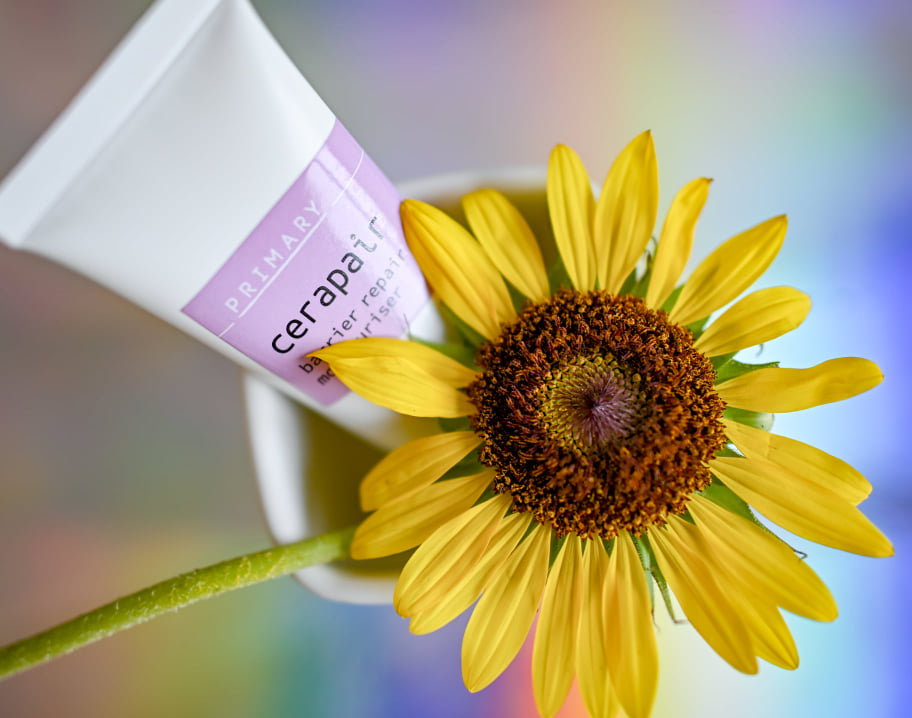What is the Skin Barrier? How Can We Repair It?

It's happened to us all - we’ve made the mistake of cleansing our skin too many times in one day, used harsh, abrasive scrubs, overused AHAs or BHAS, incorporated too many actives into our routine, used the wrong DIY mask, and the list goes on. What’s left isn’t the glow we were expecting, but instead red, irritated skin that feels uncomfortably tight, dehydrated, and perhaps oily as it tries to compensate. This, is a classic case of a damaged skin barrier.
At times we may think we are doing our skin justice, but the reality is that by overwhelming the skin with excessive products all at once, we are putting our skin barrier at risk. In order to understand how to repair your skin’s precious barrier, let’s take a step back and understand the skin, our body’s largest organ.
What is the skin barrier?
Our body protects us in far more ways than we can even imagine - and the skin is just one of those protective features. The skin is made of three distinct layers: the epidermis (the outer layer), the dermis, and the hypodermis. More specifically, the skin barrier is the outermost layer of the skin and consists of a lipid matrix, as well as the stratum corneum (SC) - the outermost layer of the epidermis. The lipid matrix is composed of 3 main components: cholesterol, free fatty acids, and ceramides, all of which greatly contribute to smooth and resilient skin.

Functions of the skin barrier include preventing excessive water loss through the epidermis thereby locking moisture in, and serving as a shield from harmful irritants that can cause acne, dryness, inflammation, and sensitivity (all of the things we don’t want!).
What can destroy the skin barrier?
A variety of factors can harm your skin barrier. This can include both environmental and internal aggressors or even the products within your own skincare routine.
Utilizing multiple products at once, using products with drying alcohol or synthetic fragrance, or using products not suited for you can easily damage the skin.
Environmental aggressors can include UV rays, pollution (a big factor for Pakistan residents!), as well as air conditioning. Internal aggressors include stress and hormones, which can also weaken the barrier’s function.
How do I know my barrier is impaired?
Oily dehydrated, irritated, sensitive skin can all indicate a damaged skin barrier. The skin loses water quickly, leading to a dry and tight sensation - a process known as transepidermal water loss (TEWL). Another telltale sign is when the skincare products that you have incorporated in your routine for quite some time suddenly feel irritating and cause blemishes or redness.
How can I fix my skin barrier?
A few mistakes can result in an impaired skin barrier, but do not be worried! A gentle skincare regimen stripped back to the basics, paired with certain superstar ingredients, can put your skin back on track and feel moisturized, supple, and radiant. As much as we love using active ingredients, at times it’s necessary to let our skin reset by sticking to the 3 core steps of a routine - cleansing, moisturizing, and SPF. Less is TRULY more, and we need to give our skin credit for its ability to restore itself, which it cannot do if saturated by actives.
We cannot stress moisturizing enough, especially in a circumstance where your lipid matrix is disrupted. Whether your skin is oily, dry, or combination type, a good moisturizer will go a long way to replenishing the skin and rebuilding the barrier. We recommend products that contain the building blocks of the lipid matrix such as ceramides (hint: Primary Skin’s Cerapair moisturizer), to restore the lipids of the dismantled barrier. Other restoring and moisturizing factors such as niacinamide, panthenol, and hyaluronic acid can also improve barrier function.
When your skin is irritated, red, and out of sync, we understand the temptation to jump to multiple products to fix it in the quickest way possible - but this may make it worse! Patience is KEY - sometimes all our skin needs is a little gentle nourishing (along with tender love and care) to get it back to its normal state.




Comments